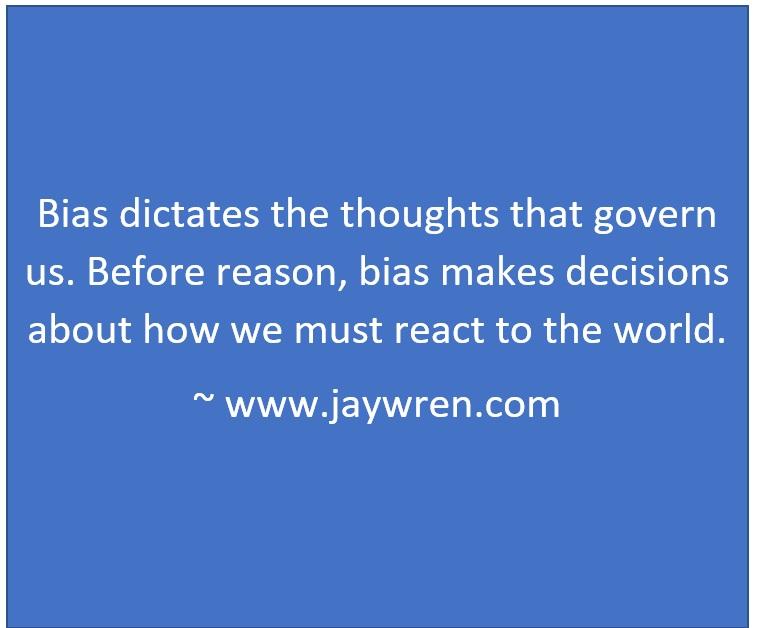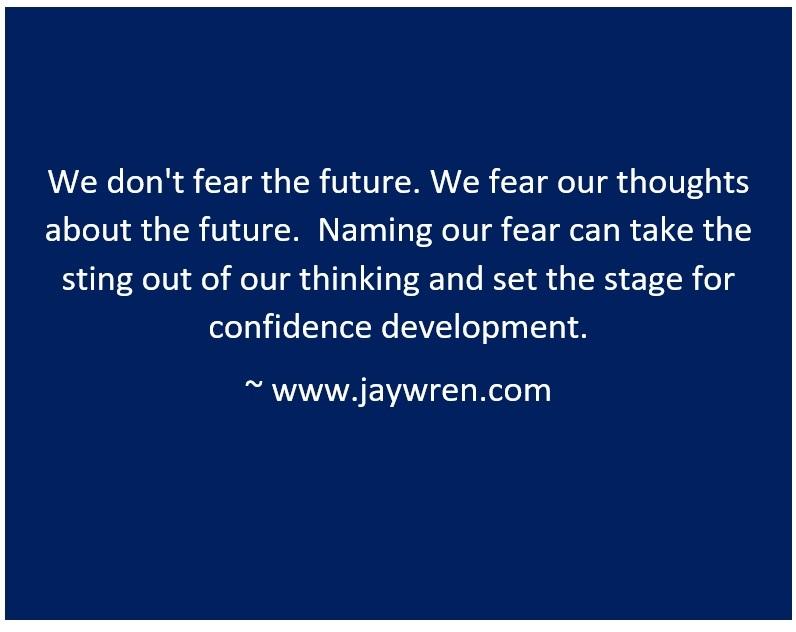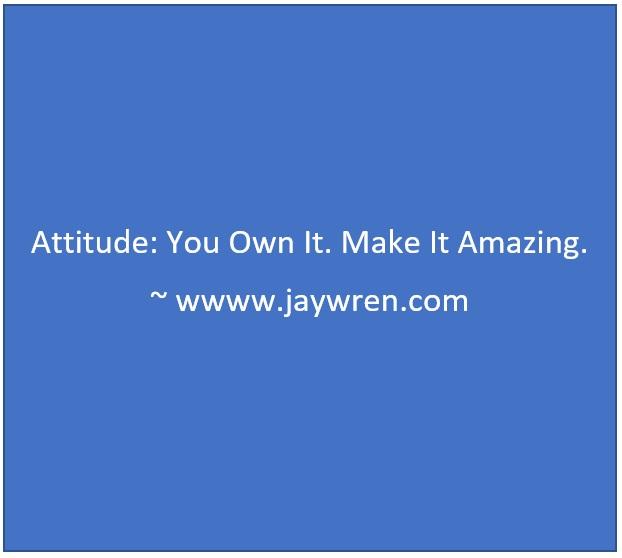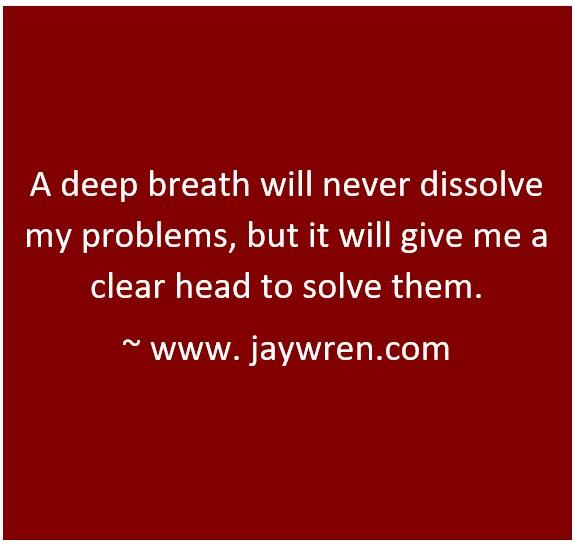Bias dictates to our reason and wisdom, but is it always bad? What role does it play in decision-making and in governing our actions? Knowing that we have bias and learning how to manage our bias empowers us to act intelligently to the world in which we live.
The biggest challenge is managing our bias is recognizing that they exist, and that fact is not a bad thing. Biases create an awareness that we are dealing with things that are important to us.
How Bias Dictates Our Decisions
Bias is the visceral, negative, or positive feelings that we have about a person, place, or thing. These feelings simplify our lives to interpret the world to our liking. It bypasses our ability to reason. Also, it is that noisy voice that drowns out wisdom. Biases drive the way we want to see the world.
This voice is an essential element of human nature. Patriotism, faith, political ideology, and fandom sit atop our biases. The powerful effect of bias can bring us together to form successful groups. In sports, business, or other matters of competition, the voice of our bias motivates us to support our team and defeat or competitors.
Additionally, these feelings can make life fun. The excitement, love, and joy we feel for our sports team, political party, religion, or family members come from these feelings.
We hear the word “biased” often from the proud parent who brags about a child. The parent closes with, “Of course, I am not biased.” Nod, nod, wink.
Furthermore, these feelings bring us peace. They help us overcome doubt and fear. Bias can create healthy, positive emotions that carry us through periods of uncertainty.
At other times, bias can create tension when our feelings conflict with the thoughts and feelings of other people. Discussing religion, sports, politics, and any other feelings about our core beliefs with people who don’t share those beliefs can undermine the bonds of loyalty within a team or among co-workers who interact with each other.
Emotional Intelligence: A Healthy Relationship with Our Bias Dictates
Since bias has beneficial effects and adverse effects on how we think, having a healthy relationship with these feelings is important.
The first step is recognizing that we have biases.
Unlike the emotions that float through our daily lives, biases become hard-wired to our beliefs. These feelings respond to triggers. When we hear or see things that instantly and subconsciously stir our emotions, the noisy voice of bias can drown out the voice of reason.
We believe in the things that we like. We get angry when we hear or sear things that we don’t like. When we interpret the world as good or evil based on our emotions, it is difficult for us to know what is true or false in the world. Likewise, it is easy for biases to deceive us into making bad decisions.
The second step in having a healthy, productive relationship with our bias is learning to pause. We can let our emotions settle. From there, we can attempt to take an objective look at the things that are happening.
Additionally, we can speak with other people who are not involved in the situation. People who are not driven with the same bias as you. From their thoughts, we can create a plan based on emotional intelligence.






